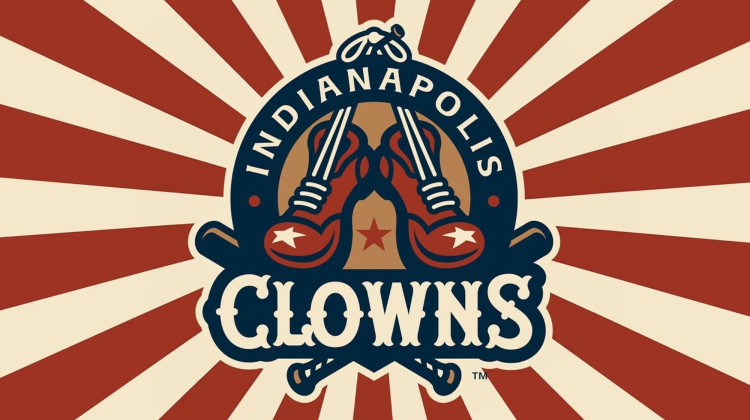NPR's Fresh Air and longtime host and executive producer Terry Gross are public radio institutions. Gross, who has been host of Fresh Air since 1975, has interviewed thousands of people and isn’t afraid to ask the tough questions. WFYI Reporter Jill Sheridan spoke with Gross, from her home in Philadelphia, ahead of her appearance with WFYI.
Transcript:
Jill Sheridan: You're so so beloved in the radio world Have you always had a love for radio as well?
Terry Gross: Well, when I was growing up my love for radio was rock and roll radio, I used to have a transistor radio, which was a little portable radio under my pillow. And I kind of sneak listen to it when I was supposed to be in bed sleeping. It was my connection to the outside world. It was before the days when people had televisions all over we had like one TV, but I never heard talk radio. I never heard an interview on the radio till very shortly before I started doing it myself.
Sheridan: There's been so much talk of how you are able to intimately and and so professionally ask the hard questions. I've read that you said, you know, it's tricky. What are the tricks?
Gross: I think the trick is to just like, go ahead and ask it. In a moment, I often feel like well, if I asked us, this rapport, if I asked, I might get slammed on Twitter. And at some point, you just have to say, Well, whatever the consequences are, I think this question needs to be asked. So I will ask it. And it depends on the tough question. There's a tough question. That's just like, it's emotionally tough, because it's a tough question about facing death or having been bullied or a question about sexuality or gender. And those questions are, you know, they're very personal. I'll approach those in a different way. Many of your producers have been with you for decades now.
Sheridan: This has been an interesting news year, to say the least. What's your process when you're, you know, picking people to interview and making sure that they're going to add value to to what's going on today?
Gross: I'm glad you put it that way. Because that's really our intention. Our you know, our goal is to add value and not just to repeat what has already been said. If you're talking about news, Amy salad is our news producer. And she's just all over the news sites and show you didn't know at the end of the week, send me a list of ideas and articles to look at. And then we figure out like who are the best options, many would consider being a voice on classic TV show Simpsons as a career highlight.
Sheridan: What would you consider as one of your standout career highlights?
Gross: Being a voice on The Simpsons? Definitely. I did two episodes. And then third episode, there was a poster of me in the background. Like a Simpsons caricature of me, I haven't hanging in my office where I hardly am anymore, like my office at the radio station. I've mostly been working at home, I've gone in to do two interviews. One because it was so noisy, you know, outside in the street, and the other was to interview former President Obama because I didn't want to take the chance that like the refrigerator would be humming loudly or there'd be a noisy truck parked outside. But anyways, I rarely see my office or that poster right now.
Sheridan: You're obviously you know, have been doing this for a while and on NPR airwaves for so long. How do you think public media has changed in recent years? Do you think it's become more relevant?
Gross: You know, I always used to wonder how come other radio stations aren't copying the NPR format. We just had a monopoly for decades on long form news shows on long form interviews. But now with podcasts, it's there's so many long form interview shows and music shows and music analysis shows, criticism shows and movie shows. So there's there's so much competition for our listeners time right now. It's really invigorating to be able to hear so many different interviewers in so many different shows. I actually think that this is the most exciting time for audio. Since I started in public radio.
 DONATE
DONATE







 Support WFYI. We can't do it without you.
Support WFYI. We can't do it without you.